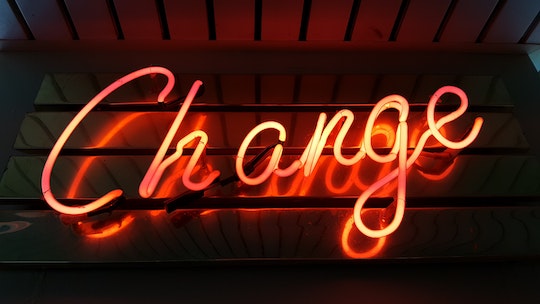“The glassblower knows: While in the heat of beginnings any shape is possible. Once hardened, the only way to change is to break.”
—Mark Nepo, Author of The Book of Awakening
Consider yourself a glassblower, shaped in the heat of your early years by many environmental factors. To what degree do you keep the fires burning to continue shaping yourself and your life into a work of art?
Where have you stopped in your development and perhaps become hardened and resistant to change? Where have the changes in your world over the past two years caused some cracks or broken you?
EXERCISE:
Where in your personal or professional life can you fire up the kiln of a new beginning to continue shaping a more beautiful life?
If you, too, are fascinating by glassblowing, consider visiting Chihuly Garden and Glass near the Space Needle at Seattle center. A visit here was ranked 1st of the 499 things to do in Seattle on TripAdvisor. An online visit may be a good place to start.












